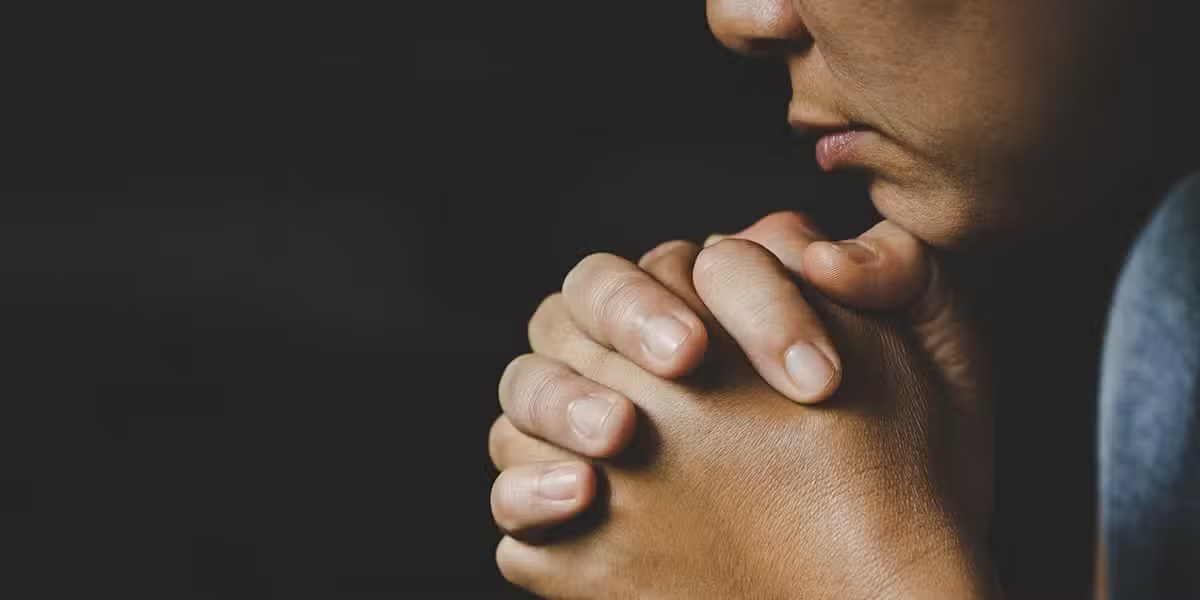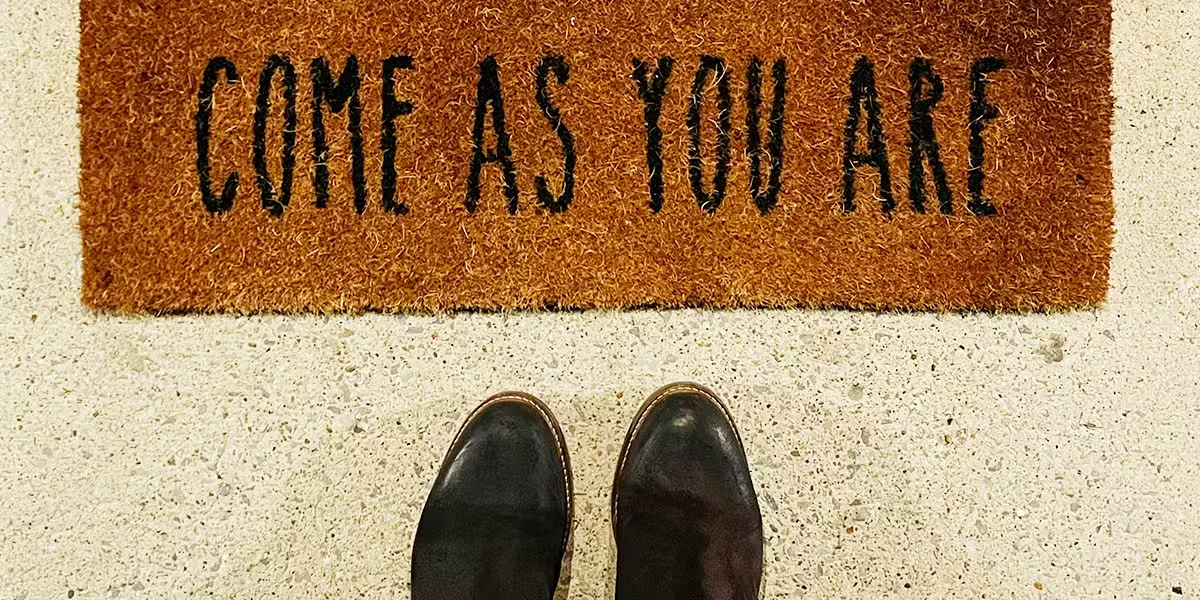I am the mother of three girls. I am the youngest of three girls. For the past year, I have watched in horror as story after story of sexual harassment and abuse has grabbed the headlines. At the same time, I have watched the development and growth of the #MeToo movement. This month, that movement marks the one-year anniversary of its start. The movement has been both praised and criticized, but, regardless of anyone’s take on it, it has succeeded in getting a long-overdue conversation started.
With each story of harassment or abuse that comes to light, I continue to ponder how to best address the situation with my girls, who range in age from 8 to 20. As a woman and mom, I want to remind them of their invaluable worth and basic right to respect and safety. I want them to know about the issue because, like many other women, I also have my own experiences of gender inequality. To me, the issue is more than just some-thing that happened to people in Hollywood. I have even seen it in the Church. In fact, it wasn’t until 1994 that the Vatican came out and officially approved of female altar servers.
As our daughters have grown up, my husband, Mark, and I have tried to do our best to prepare them to face situations where their gender may affect their goals and opportunities. We have raised them to be confident, strong, and sensible. But we have also had to make them aware of the potential challenges they may face by demonstrating those characteristics. A strong-willed woman is seen in a different light than a strong-willed man. She is often seen as being difficult, while her male counterpart is praised for being determined.
The Flip Side
But that is only one part of how this story affects our family. That’s because we also have a son. And it occurred to Mark and me that by not explicitly spending time on these issues with Alex, we are missing a big piece of the puzzle. Because even though the #MeToo movement seems to be predominantly female-centered, it really shouldn’t be. This isn’t only a female issue. This is also a male issue—and a human issue. Because of that, we absolutely should be including Alex and all men in these conversations.
I don’t want you to think that we haven’t talked about the subject of respect for women with Alex before this situation reared its ugly head. Growing up with three sisters, he has been made aware of what is and isn’t accept-able behavior when it comes to women. And on the flip side, our daughters have similarly been taught to be respectful of their brother and other men.
Start Talking
One thing that this whole situation has made clear to me, though, was that I couldn’t just preach to my kids about it. I also needed to figure out my own feelings about what is taking place. As I said, I have been on the wrong side of the issue. However, I’ve also been blessed to be surrounded by very respectful and honorable men in my life. In fact, when I asked one of my male friends how he felt about the whole situation, he said, “sad and angry.” So how can I respect and acknowledge those hurt on both sides of the situation? The best answer I can come up with is to keep doing what I’ve already been doing: and that is talking about it—or in my case writing —and listening. That is how we will move forward.
Perhaps social activist Maggie Kuhn said it best: “Leave safety behind. Put your body on the line. Stand before the people you fear and speak your mind—even if your voice shakes. When you least expect it, someone may actually listen to what you have to say.
”This isn’t just a female/male issue. It’s an us issue. Let’s talk, shall we?








